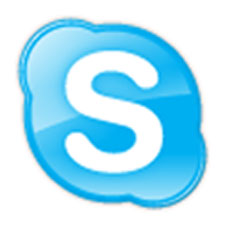Will new Skype owners deal differently with open source?


That would be a good thing.
Skype has long been the most popular Voice Over Internet Protocol (VOIP) client, but it is also closed. It was proprietary, not just in terms of its coding but in terms of eBay's attitude toward doing business.
Its proprietary nature gave Skype the marketing budget it needed to win in the marketplace. But it also hampered VOIP efforts to go beyond voice.
While VOIP gained popularity as a telephony replacement its importance goes well beyond that. Once voice is integrated as a normal Internet service, it can be combined with other services in any number of ways.
The difference between a VOIP program and a Web conferencing system is not that large. You can not only mimic all the common voice services using VOIP, but add more as you need them or imagine them.
This has not happened up to now, partly because much of our voice traffic has moved to cellular networks which digitize it as a matter of course and monitor their networks to gain the most revenue they can out of every bit. For cellular, VOIP is just a way of squeezing more calls into limited bandwidth.
So the question becomes, what can Skype offer, alongside the open source movement, that will make it part of a compelling suite of services rather than just a way to get around telco gatekeepers? How, if Skype is to become part of the open source movement, will we get the word out to the mass market?
Vonage has shown a way to reach the mass market with a service based on open source, but investors are turning away from it due to coming competition from Skype and Google. So can Google deliver an open source VOIP service worth advertising, and what might it add to one?
What is the future of VOIP, and what part will open source play in it?